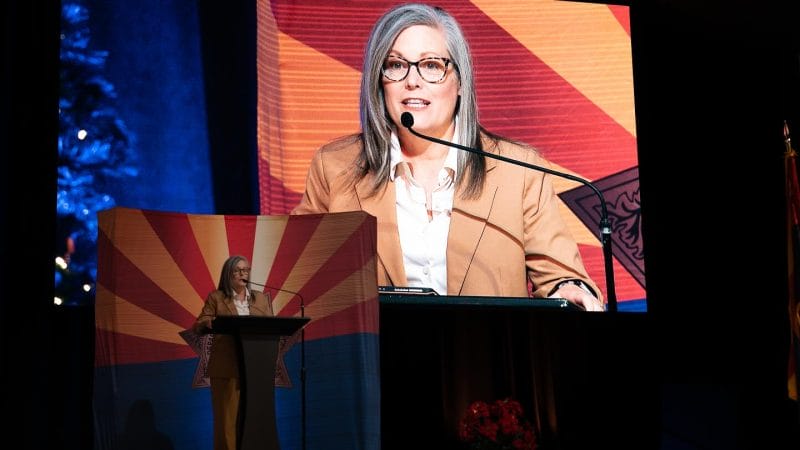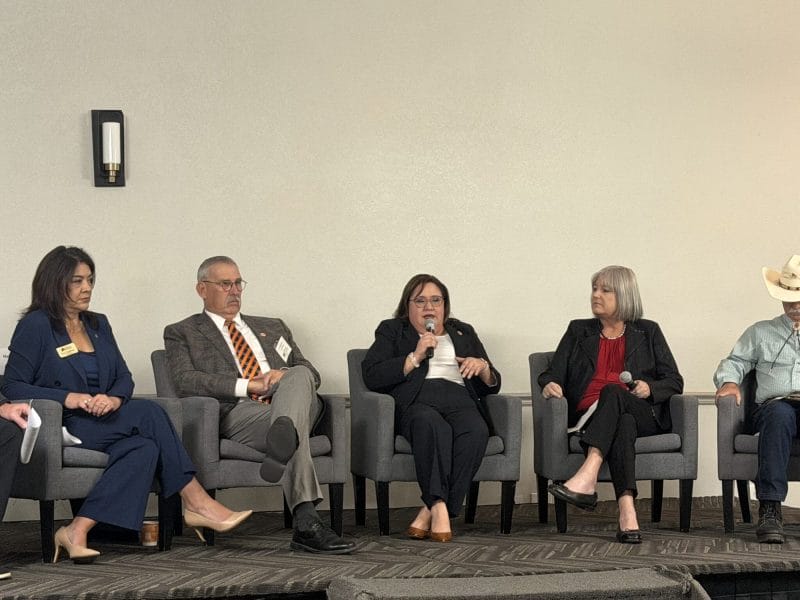There are still some major unanswered questions about Trump’s declaration
By Mattie Quinn | Governing
After at least six states declared the opioid epidemic an emergency in their states as opioid deaths continue to rise, President Donald Trump declared it a “national emergency” on Thursday. But what does that mean for governors and mayors who have been grappling with opioid abuse for years?
Nothing — at least not yet.
First, the White House has to decide what kind of emergency the opioid epidemic is, exactly. There are several different kinds of emergency declarations. While they accomplish similar things, they serve different purposes.
Related: With 200-plus deaths in 60 days, Ducey extends opioid overdose tracking order
The President’s Commission on Combating Drug Addiction and the Opioid Crisis recommends that the disaster be declared through either the Stafford Act or the Public Health Service Act. The Stafford Act is usually initiated for natural disasters, such as hurricanes and tornadoes, and normally requires a request from a governor. It would trigger the Federal Emergency Management Agency (FEMA) to dole out financial and technical assistance to states and cities.









